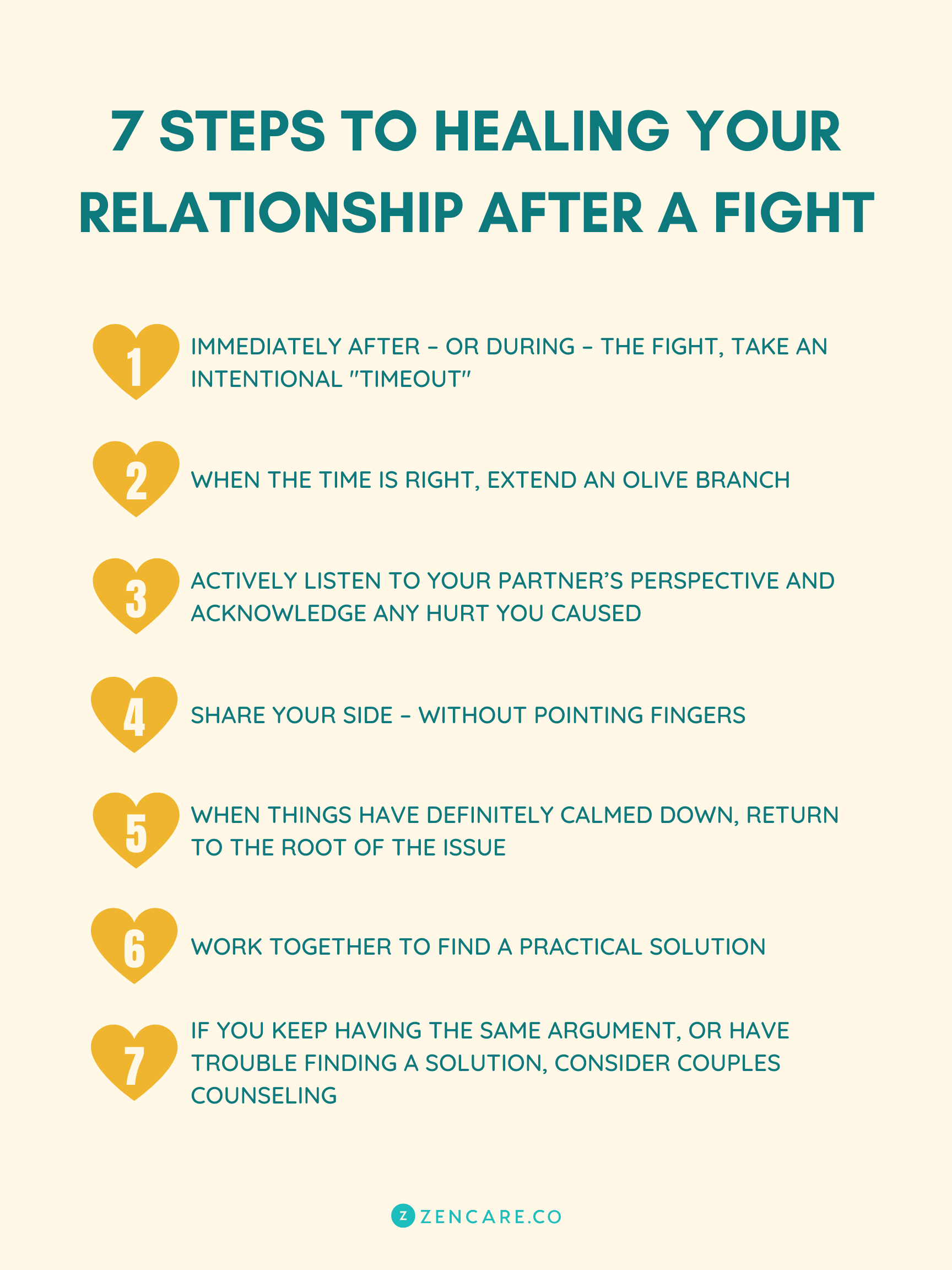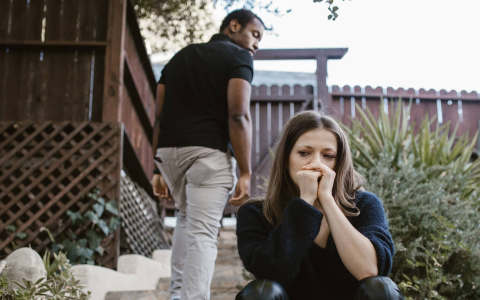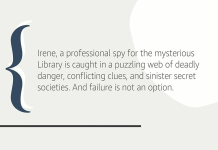You hear it all the time, right? “Hey, are we okay?” or “Everything good?” And what’s the answer? Ninety-nine percent of the time it’s “Yeah, fine,” or “All good!” But here’s the thing I’ve learned, the hard way: “fine” is often just a four-letter word for “I’m too busy/scared/tired to tell you what’s really going on.” It’s a placeholder until things either magically fix themselves or completely fall apart.

So, my little practice, if you can even call it that, started when I stopped taking “fine” for an answer. Not in an aggressive way, mind you. More like, I just started to… notice things. You see, when a whole team says they’re “fine” but deadlines are slipping, or the normally chatty folks are dead silent in meetings, or everyone just looks knackered all the time – well, that’s not “fine.” That’s a big, flashing warning sign.
What I started doing was simple, really. I’d try to catch people for a quick, informal chat. Not a scheduled meeting with an agenda. Just, “Hey, got a sec? How are things really going with X?” Sometimes I’d just listen more in group settings, picking up on the hesitations, the things left unsaid. It’s amazing what you can learn when you shut up and just observe. The air in a room can tell you more than a dozen status reports. It’s not about fancy surveys or complex methodologies; it’s about giving a damn enough to look past the easy answers.
And yeah, sometimes it was awkward. People aren’t used to being asked twice. They’re not used to someone genuinely wanting to know if the emperor is, in fact, wearing any clothes. But slowly, bit by bit, you start to get past the “fine.” You start to hear about the real worries, the little frustrations that are piling up, the burnout that’s just around the corner. And sometimes, just sometimes, being heard is the first step to actually being okay.
So, why do I even bother with all this?
You might be wondering why I care so much about this “are we okay” business. It’s not like I’m a therapist or anything. Well, there was this one time, a few years back. I was on this project, a big one. High stakes, tight deadlines, the usual drill. On the surface, everything was “fine.” Management said we were on track. Team leads reported green status. We all smiled in the big meetings.
But underneath? Man, it was a dumpster fire. We were working insane hours. Communication was a mess – people working on the same thing without knowing it, critical info falling through the cracks. Quiet resentment was brewing. I remember feeling this knot in my stomach every single day, but I was younger then, less inclined to rock the boat. I just kept my head down, told myself “it’s fine, this is just how it is.”

Well, spoiler: it wasn’t fine. The whole thing imploded. Spectacularly. We missed the launch by a mile, the client was furious, and a good chunk of the team burned out and quit within months. I was one of ’em. I remember sitting at home after I left, completely drained, thinking, “How did we all pretend for so long?” We were so busy saying we were okay that we never stopped to actually make sure we were.
That whole mess taught me something. It taught me that “fine” can be dangerous. It taught me that silence isn’t always golden; sometimes it’s the sound of things slowly breaking. So now, when I get that gut feeling, when the “fines” sound a little too hollow, I poke. Gently, but I poke. Because I’ve seen what happens when you don’t. And trust me, cleaning up that kind of mess is a whole lot harder than just asking, for real, “Are we okay?” and then actually listening to the answer. It’s not about some formal process; it’s just about trying not to repeat the same damn mistakes. That’s my practice. That’s what I try to do.










